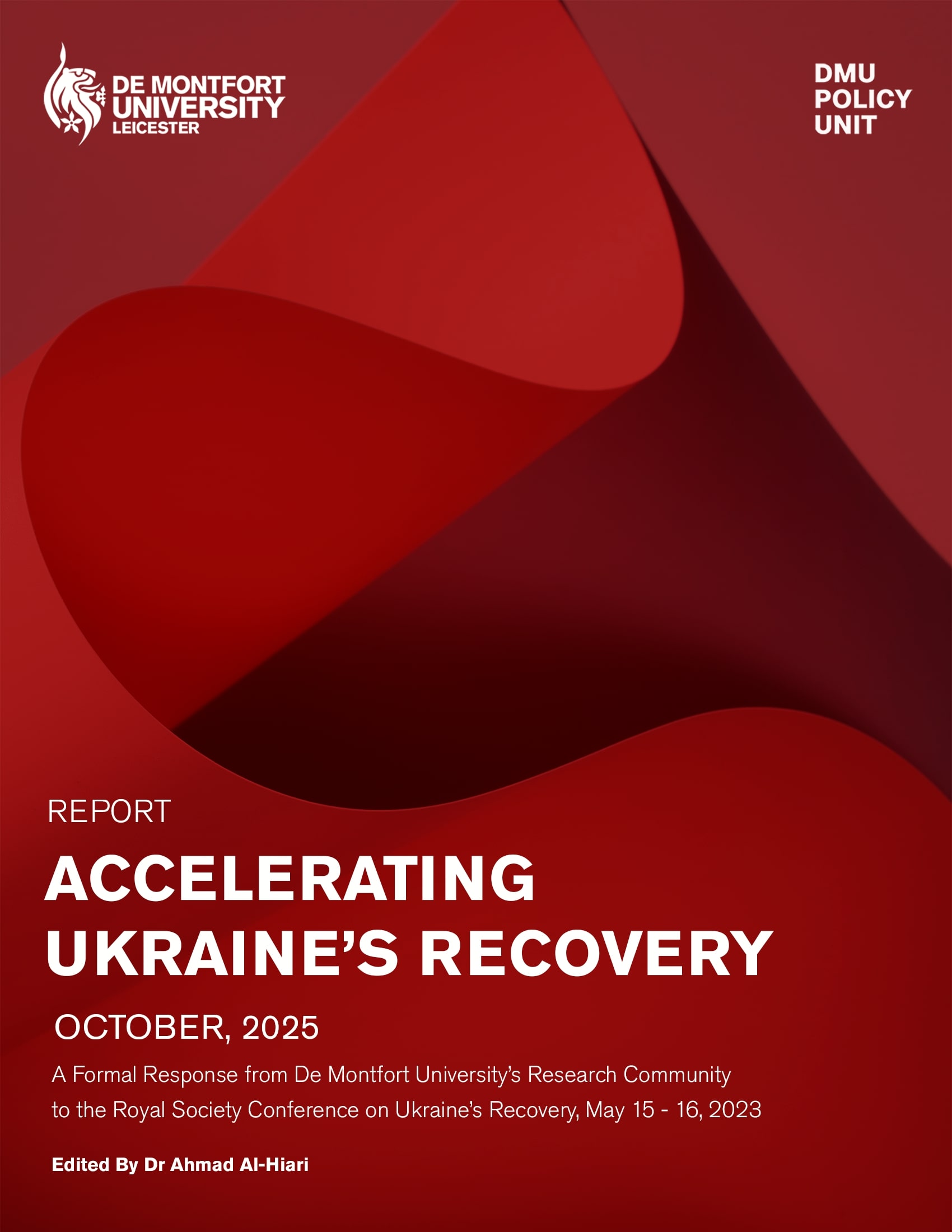Policing is under much pressure to perform, with concerns over funding cuts1, and dwindling critical public confidence and trust2. The critical juncture for policing has been highlighted through the Casey Review3 and compounded by the recent BBC Panorama expose4.
Critical cultural level issues raised have been fundamental, yet the current (rather technical) response to promote ‘productivity’ as the way to move forward5 suggests a transactional answer is being offered to a transformational question. This approach may be well out of tune with what’s actually needed, in its overly focusing upon inputs and outputs rather than impactful outcomes6.
Taylor and Deming
This tension can be understood by contrasting the business mindsets of two highly influential thinkers: Frederick Winslow Taylor7 and W. Edwards Deming8.
Taylor focused upon efficiency (doing the best with what you’ve got) whilst Deming focused on effectiveness (as defined by quality outcomes). Taylor recommended that you pursue cost savings in your inputs to output; Deming that if you pursue quality, performance will pay for itself. Taylorism was influential in the managerial factory design of things like the Ford Model T, where repetitive tasks to a single design where automated through one size fits all standardisation production lines. Yet, in the complex and dynamic contemporary social world of public services, like policing, using a cog in the wheel approach to standardised productivity can seriously miss the point.
Is Policing using the right Business Model?
Deming, who influenced the Kaizen, Six Sigma and LEAN concepts was a Professor at Columbia University’s Graduate Business School. He believed continual quality improvement emerged from listening to those closest to those making, delivering or experiencing a product, as it was often systems and red tape that were out of touch with reality9. As well as being highly influential in the re-growth of Japanese business post WW2, Deming was a keen musician and explained his business thinking metaphorically as don’t blame the musicians (workers) if the song is written poorly (the system is the problem); instead, rewrite the music (fix the system)10.
In the worst case, Taylorism (even though it may work well in a linear factory production line) can amplify doing the wrong thing well by simply pursuing efficiency in inputs and outputs. In the end, the only things that actually matter is end-game performance and that should be measured as impact in outcomes. In policing terms, by way of example, that’s the difference between how fast you answer the phone (Taylorism) to how well do the public trust you (Deming). To nail that message home: it doesn’t matter how fast you press buttons if the public don’t trust you.
It’s tough thinking about quality when budgets are tight but consider Deming proved his case in real-world business many times, not least in revitalising a failing Ford Motor Company who were deteriorating fast against the then market leader GMC11, and even more spectacularly in aiding the re-invention of Japanese industry exports12. Both instances where things were really bad and everyone may have just thought about giving in, but by focusing on growing quality, performance outcomes followed. There’s maybe a lesson in there for policing.
You need to know where you are going in order to get there
The leadership of quality outcomes requires something before you can get moving. You need to know where you are going; what you’re aiming to actually achieve, before you can instill the quality around that. Deming’s approach was reverse-engineering in setting ‘what does good look like’ to inform the strategy that then structure was built around: and it was all about quality (over quantity). This brings us to something of a stumbling block because to do quality policing we need to know what that looks like: it must be clear on purpose and the whole system must then be operating on a one team one (quality) goal focus.
Despite the NPCC calling for restructure13, there is ambiguity over the police role14. Restructuring without strategy is like filling the tank when the Sat Nav is broken.
The business case for Solution Oriented Practice
EMPAC is working as a collaborative partner with DMU’s Policy Unit (within The Institute for Responsible Business and Social Justice at the Business and Law Faculty)15 to advance the business case of pursuing quality outcomes and break the failed business model cycle of triaged response to problems. Rather than using Taylorism, as a false economy drive to make problem response more efficient, new research is pointing to the need for a Deminginian reset on quality outcomes16.
What that means in practice is pursuing what we do want rather than chasing after what we don’t. We need a proactive focus on quality outcomes by working in partnership more, where public demand actually decreases to enable policing (and other) resources to focus on quality time to regain public trust. What we wish is is often what we get so by focusing our attention on hot spot (problems) we ignore the cold zones of lower demand and fail to understand how to grow such pro-social success.
False economies
Policing has been held back by limiting mindsets that stubbornly focus on criminological, regressive efficacy testing and now more recently on ‘science’ automation theories, rather than adopting the sound business case of quality outcomes. If policing were a business, within a traditional market forces sense, it would be insolvent by now; but there is still time to adopt a focus on what good looks like and stop being distracted by wallowing in repeat demand failure.
After all, reacting to problems costs at least twice as much as having success designed in initially: that’s not just about designing out crime but designing in pro-social growth, where less crime is a positive by product17. A future looking, solution-oriented approach would pay for itself whilst the current reactive-based approach is unaffordable: we can’t afford not to change.
The future is in our hands
The last time there was a holistic review is policing was over sixty years ago18 which at the time was commissioned because there was an appreciation that the world had changed and policing needed to as well. Things have changed again, so now is the time to think future effectiveness over just past efficiency. Although there have been some efforts to review the policing strategy, they have not been supported holistically and we have as a result, been left with more of the same19.
More of the same may well become too little too late if we don’t get business-like about change. This is a time to think about solutions rather than just problems. This is a time to think about where we want to get to rather than doing more of the same. Transformational change will require leadership, not management. That change will require action, not just words.
Taking a quality solution-oriented approach now offers policing growth rather than managed decline: if we fail to take that opportunity and just end up doing more of the same, more of the same will surely follow. It won’t matter how quickly we can answer a phone because the public will have given up and won’t ring anymore. How long our policing structure, and moreover its very legitimacy, can survive depends on what we do next.
Professor John Coxhead is a former police officer, pracademic, and Visiting Professor at DMU’s Faculty of Business and Law. He is the United Nations (Geneva) representative for the International Police Executive Symposium (IPES), twice recipient of the Queen’s Award for Innovation in Police Learning and Development, and researcher with the National Crime Agency and INTERPOL on Organised Crime Businesses. His work involved collaborations with the Organisation for Security and Cooperation in Europe (OSCE) and extends across multiple continents through his role developing solution-oriented policing frameworks that are now being adopted internationally.





One response to “The Business Case for Policing”
Your posts consistently provide real value to community